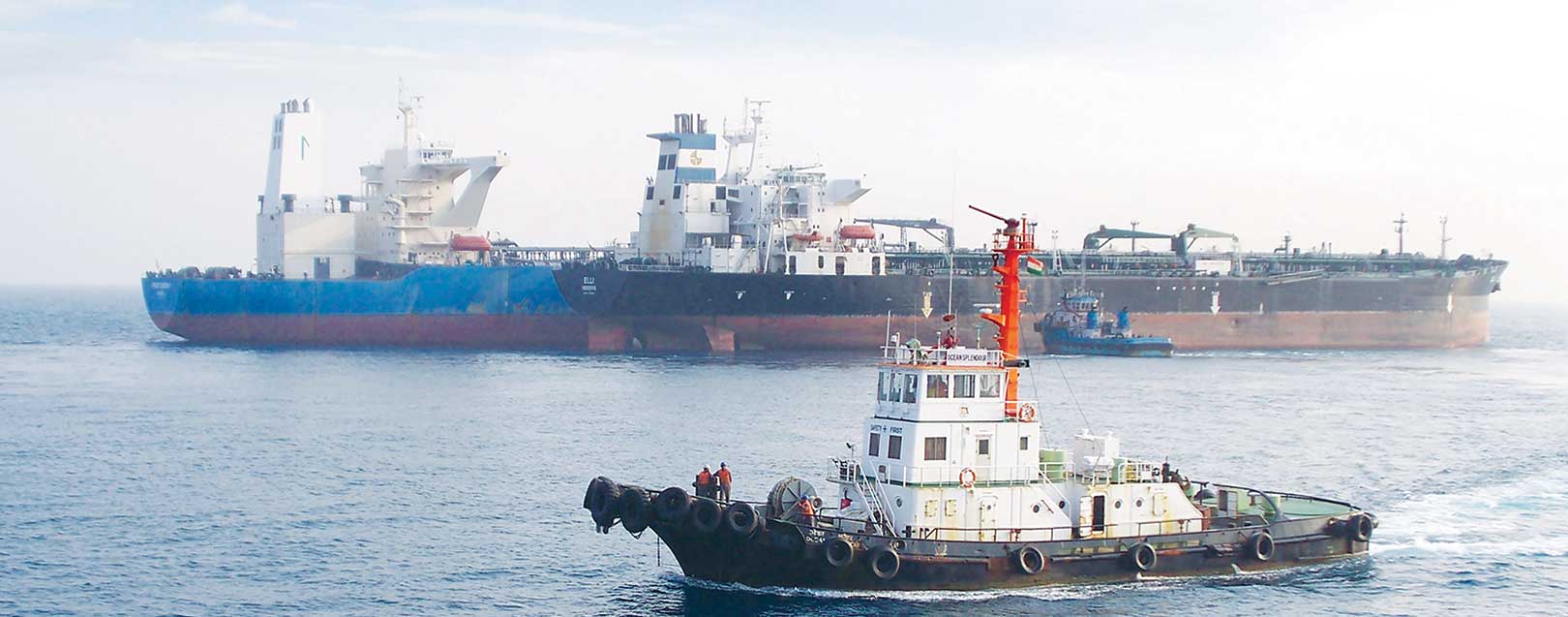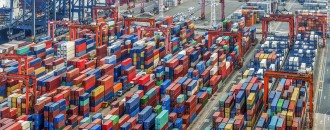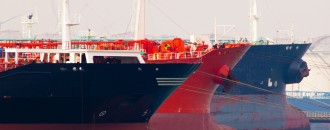
New policy for stevedores at all major ports
Sisir Pradhan
In a bid to bring in transparency in the pricing of Stevedoring and Shore Handling operations, the Ministry of Shipping on Tuesday issued a notification to cap the tariffs set for stevedoring and shore handling activities at all major ports from 31st July 2016. It is mandatory for all 12 major ports to display tariffs for these operations on the port website.
The ministry has asked all stevedoring agents holding licenses to handle cargo operation at major ports, to switch over to the new stevedoring and shore handling scheme effective from 31st July 2016.
According to the new ruling stevedoring agents need to levy charges for stevedoring and cargo handling operations as fixed by the Tariff Authority for Major Port (TAMP). All 12 major ports have been directed by the ministry to ensure a smooth transition to the new Stevedores and Shore Handling Scheme. The ministry has also cautioned that those who fail to adhere to the new scheme may face cancellation of their stevedoring licenses.
Meanwhile, the ministry has assured that all existing contracts related to stevedoring and shore handling operations have been kept outside the provisions of the new scheme till the date of expiry of the present contract or 31st July 2017, whichever date is earlier.
The tariff for stevedoring and shore handling operation is fixed by TAMP and calculated based on a set of guidelines issued by the ministry. Additionally, the rates are capped by an upper limit and no stevedoring and cargo handling operation at major ports are allowed to exceed the set rate limit.
The ministry, however, has made an exception to the Kamarajar Port, Tamilnadu as it is a corporate port and the tariff for cargo handling operation are decided by its board members.
With regard to the new development in stevedoring rule, M Jagannath Rai, member (Managing Committee), BrihanMumbai Custom House Agents Association and MD, Titan Sea & Air Services told The Dollar Business correspondent that, “the new policy will be pro-trade and there will be transparency in cargo related tariff charged by the stevedoring and shore handling service providers. Service providers tariff will be monitored by the nodal agency of the respective port and they cannot charge as per their wishes as was done earlier. There will be tough competition between the service providers. The new policy ensures getting stevedoring licenses is easier and simplified. This is a good move to reduce the logistics costs in India from 14% to 8%, at par with developed countries.”
Hinting at chances of change in the role of TAMP in coming years, the ministry said that in the future, boards of major ports will fix and notify the rates based on the performance norms in the major port as per Berthing Policy Guidelines. This will also apply to Mumbai Port and Haldia where stevedoring is carried out by the Ports.
Port users from time-to-time have raised complaints, in the past with regard to irregularities in the stevedoring and cargo handling operations. However, the nexus between politicians and stevedoring agents leading to widespread cartelization of cargo handling operation at Major Ports came to the fore in 2012, when the General Secretary of Haldia Dock Officer’s Forum, Ramakant Burman claimed that Ripley & Co., which is owned by former Trinamool Congress MP Srinjoy Bose, had deceived the port of several thousand crores as the port had allowed the company to handle cargo by just paying Rs. 5,400 a year. This was possible because unlike other ports, Haldia had a peculiar practice of giving shore handling licenses.
What is worth noting here is that due to political brinkmanship and the port’s inability to attract enough cargo to the mechanical coal handling berth, Haldia Bulk Terminal Ltd., a joint venture of ABG Infralogistics Ltd. and French shipping firm Louis Dreyfus Armateurs SA, which had won a tender for mechanical cargo handling at the port, closed its operations just two years into its 10-year contract, citing worsening law and order situation. (Read more: https://in.thedollarbusiness.com/magazine/haldia-dock-complex-more-of-politics-less-of-a-port/15046 )
Since then the shipping ministry from time to time has taken measures to bring in transparency in the cargo handling operation at major ports.
The ministry in its latest ruling has also mentioned that major port trusts should be liberal in issuing licenses to Stevedoring and Shore Handling agents. “All eligible agents would be issued licences for Stevedoring and Shore Handling operations to ensure maximum competition. As competition increases, the cost of transaction to the trade will decrease and the quality of services will also improve,” the notification mentioned.
Surprisingly, it has been a practice at some major ports to cartelise stevedoring operations. One such example is the Paradip Port. During the visit of The Dollar Business team to Paradip Port Trust (PPT) last year, it found a ring of unscrupulous elements having a hold over labourers in and around the port. “All over India, with only one (stevedoring) licence, stevedores can load and unload cargo at a port. But here, another licence called CFH (Clearing, Forwarding, Handling) licence is required. Though PPT is issuing stevedoring licenses to everyone, it is issuing CFH licenses to only a few. As a result, many are sitting idle. Despite agreeing to fulfil all requirements, we are not getting the licence,” Mahendra Kumar Swain Assistant Manager (Operations), Seaways Shipping, had told The Dollar Business. (Read more: https://in.thedollarbusiness.com/magazine/hiding-behind-numbers-paradip-port/5831 )
The ministry has made provisions in the new ruling to ensure free and unbiased competition among stevedoring agents at major ports. According to the notification, the Port Trusts may charge royalty as the licence fee for the stevedoring and shore-handling licences. The Port Trust may fix a per metric tonne royalty rate from all agents. No discrimination will be made among the stevedoring and shore-handling agents on the royalty licence fee, the notification said.






 to success.
to success.